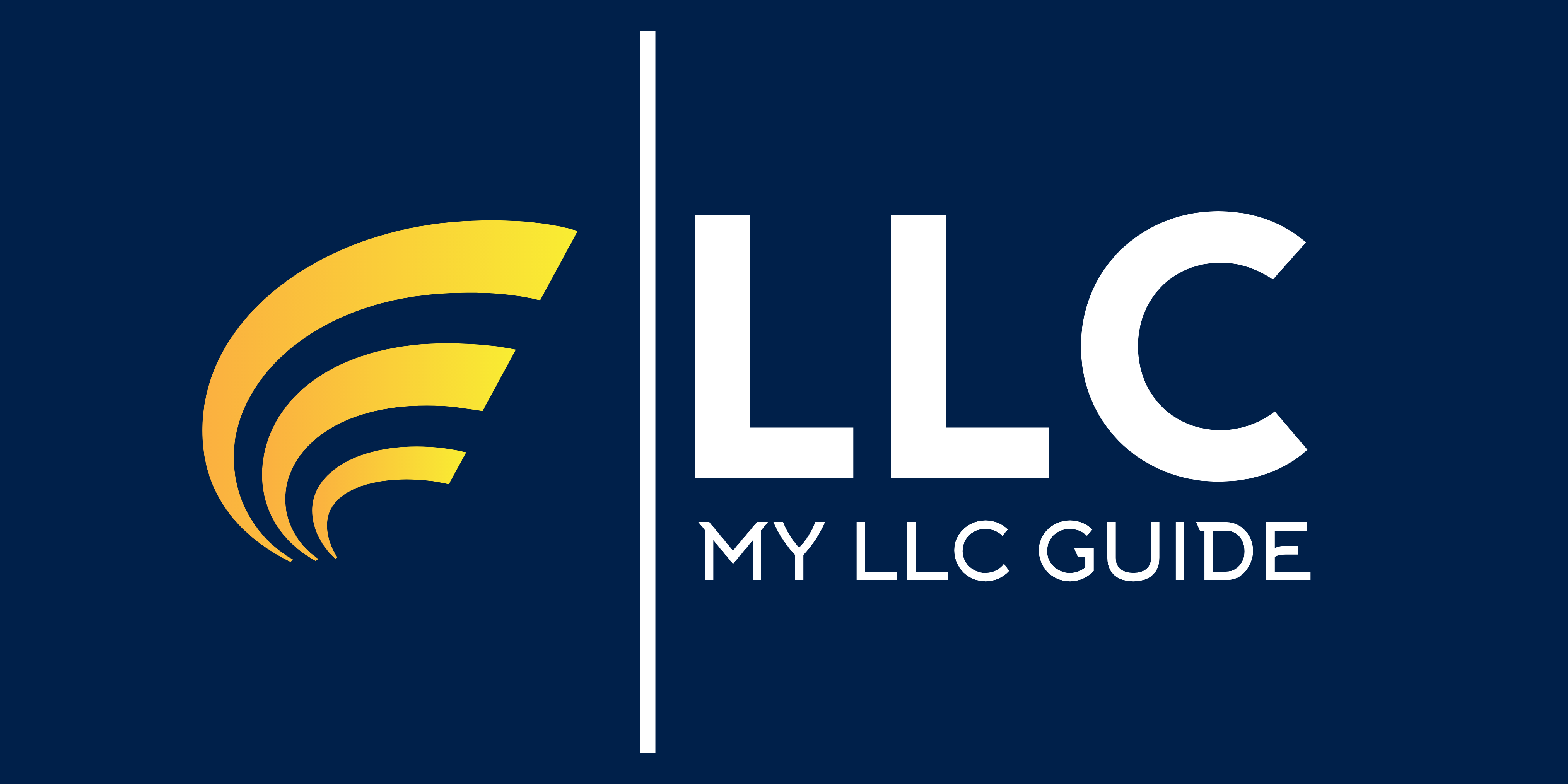
What are the hidden costs of starting a small business in Delaware? Starting a small business in Delaware is often seen as an attractive venture due to the state’s business-friendly reputation, low taxes, and streamlined incorporation process.
However, many entrepreneurs overlook the hidden costs that can quickly add up, turning what seemed like a cost-effective endeavor into a financial challenge.
Informational Purposes Only
This article is for informational purposes only and does not constitute legal or tax advice. You should consult with a licensed professional regarding your specific business needs. For more see our disclaimer page.
Delaware Small Business Cost
Beyond the obvious expenses like licensing fees and office space, business owners may face unexpected charges, such as high registered agent fees, mandatory franchise taxes, and compliance costs for maintaining good standing with the state.
Additionally, legal and accounting services—essential for navigating Delaware’s complex corporate laws—can strain a startup’s budget. Marketing, insurance, and employee benefits further contribute to the financial burden, often catching new business owners off guard. These hidden expenses can jeopardize cash flow, especially for small businesses operating on tight margins.
Understanding Delaware Business Challenges
By understanding and planning for these less obvious costs, entrepreneurs can make more informed decisions and avoid potential pitfalls that threaten long-term success. Below we explore the often-overlooked financial challenges of launching a small business in Delaware and offers insights on how to prepare for them effectively.
Hidden Business Costs in Delaware
While Delaware offers advantages like no sales tax and strong legal protections, hidden start-up costs can quickly add up, especially for bootstrapped businesses. Proper budgeting and legal guidance are essential to avoid surprises. Lets take a look at the most significant Hidden Costs of Starting a Small Business in Delaware.

1. Registered Agent Fees
Delaware requires businesses to have a registered agent (a person or service that receives legal documents on behalf of the company). While some states allow business owners to act as their own agents, Delaware mandates a third-party agent, costing 100–100–300+ per year.
2. Franchise Tax
Even if your business earns no revenue, Delaware imposes an annual franchise tax on corporations. Many entrepreneurs underestimate this recurring expense. One of the often over looked hidden costs of starting a small business in Delaware.
3. Business License Fees
Depending on your industry, Delaware may require specialized licenses or permits, which can range from $50 to several hundred dollars annually. Some cities (like Wilmington) also impose additional local business taxes.
4. Legal & Compliance Costs
Delaware’s corporate laws are complex, often requiring attorney fees for proper filings, operating agreements, or compliance updates. Small businesses may spend 500–500–5,000+ in legal costs just to stay compliant.
5. Delaware “Foreign Qualification” Fees
If your business is registered in Delaware but operates elsewhere, you’ll need to qualify as a “foreign entity” in your home state, leading to double fees, taxes, and reporting requirements.
6. Annual Report Fees
Delaware requires LLCs and corporations to file an annual report. Missing deadlines can result in late fees or loss of good standing.
7. Banking & Merchant Service Fees
Many banks charge higher fees for business accounts in Delaware, especially for out-of-state owners. Payment processors may also impose higher transaction fees due to compliance requirements.
8. Delaware-Specific Insurance Costs
Depending on the industry, businesses may need additional liability, workers’ comp, or professional insurance, which can be more expensive in Delaware than in other states.
9. Delaware Court System Costs (If Litigation Arises)
While Delaware’s Chancery Court is business-friendly, legal disputes can be costly due to high attorney fees and procedural expenses.
10. Tax Withholding & Payroll Obligations
If hiring employees, businesses must comply with Delaware’s payroll taxes, unemployment insurance, and withholding requirements, adding administrative and financial burdens.
In Summary:
While Delaware offers advantages like no sales tax and strong legal protections, these hidden costs can quickly add up, especially for bootstrapped startups. Proper budgeting and legal guidance are essential to avoid surprises.
READ NEXT
- Top 5 Hidden Costs of Starting Small Business
- Can an LLC Be a Holding Company?
- Start Up LLC & Entrepreneur Resilience
- Forming an LLC in Illinois
Advantages of Starting a Small Business in Delaware
What are the key advantages of starting a business in Delaware? Now we know the hidden costs of starting a small business in Delaware, let’s take a quick look, see below.

1. Business-Friendly Legal System
Delaware’s Court of Chancery specializes in corporate law, ensuring fast, predictable rulings—ideal for resolving disputes efficiently.
2. No State Sales Tax
Delaware imposes no sales tax, reducing costs for businesses selling goods or services within the state.
3. Strong Privacy Protections
Owners’ personal names & addresses aren’t public in filings, shielding privacy (unlike many states).
RELATED
5 Myths of Starting a Small Business
